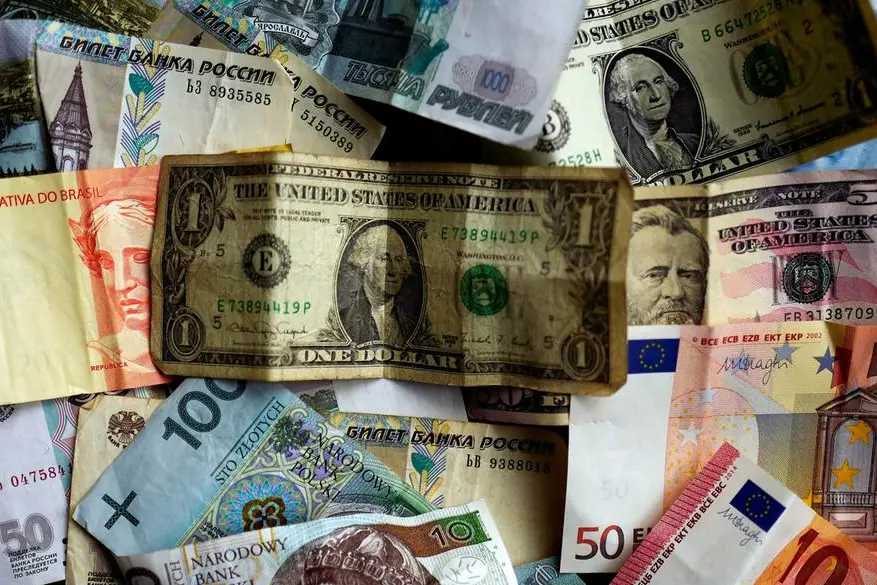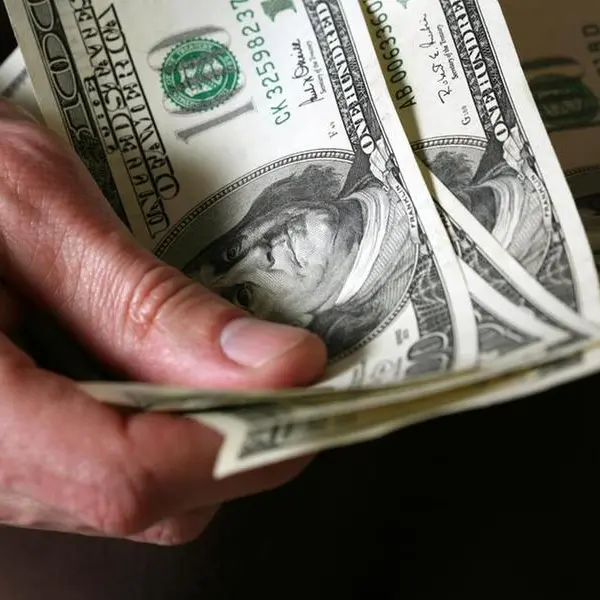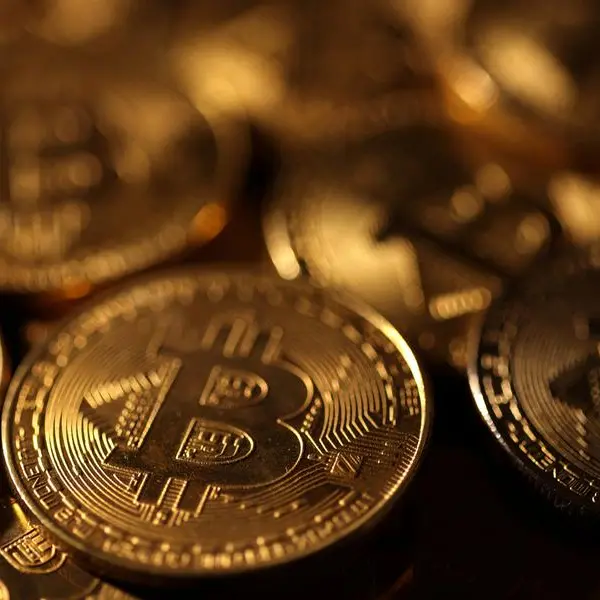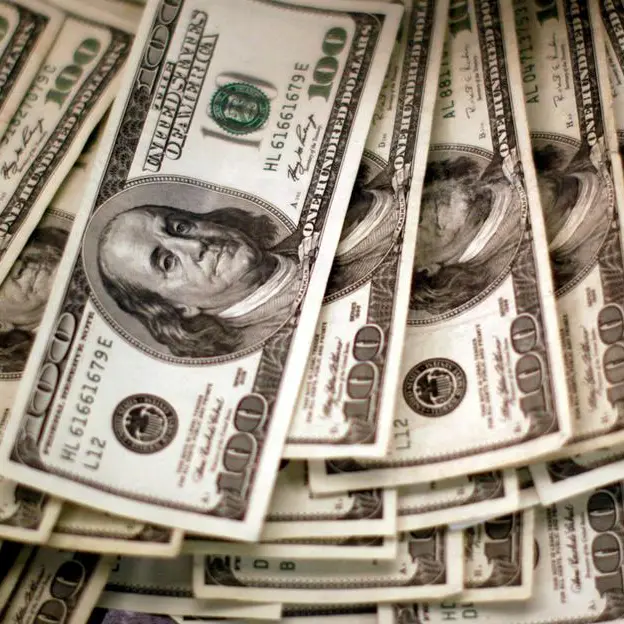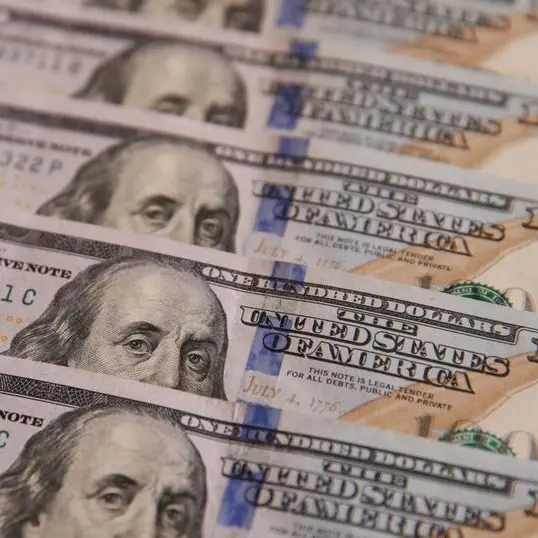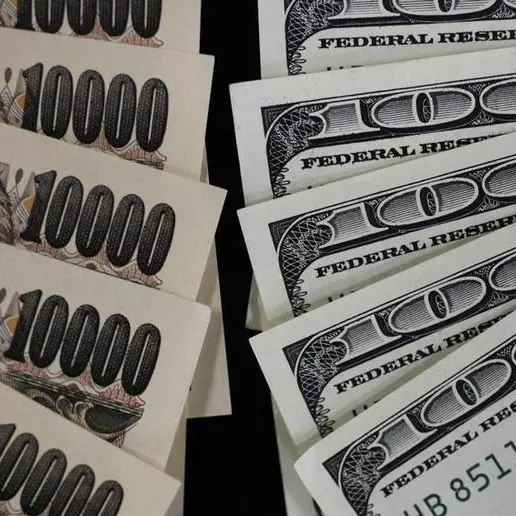PHOTO
The euro held firm in wobbly trading against the dollar on Monday as investors awaited U.S. inflation data later this week, while the Australian and New Zealand dollars rallied after China announced a monetary policy shift.
While markets have priced in a quarter-point rate cut by the Federal Reserve next week as a near certainty, investors are waiting for U.S. consumer price data on Wednesday.
"The move higher in unemployment that we saw in November, that really just cements the case for a 25-basis point cut next Wednesday," said Michael Brown, senior research strategist at Pepperstone.
"Unless we get a really hot inflation number, but that's certainly not the base case."
"The Fed are much more focused at this moment in time on the labour market as opposed to developments with regards to inflation," he added.
Data on Friday showed that U.S. job growth surged in November, but a rise in the unemployment rate to 4.2% pointed to an easing labour market that should allow the Fed to cut interest rates again this month.
The euro was flat against the dollar at $1.0555, having fallen earlier by as much as 0.3%, while the greenback gained 0.21% against the yen, to 150.350. The dollar index was flat at 105.92.
Brown expected the upcoming U.S. inflation data, European Central Bank policy meeting on Thursday and Fed rate decision next week to lead to subdued trading in currencies for the time being, "given the amount of event risk that we've got on the horizon".
Mizuho Bank strategist Vishnu Varathan also pointed to a host of geopolitical developments, such as the weekend fall of Syrian President Bashar al-Assad's regime, alongside macro- and Trump-related trades as providing markets further impetus to stay long dollars.
"There's no incentive to short the dollar against any particular currency," he said.
The Australian dollar gained 0.80% on the greenback, and the kiwi rose 0.55%, after China announced its first monetary policy shift since 2010 to spur growth.
The two currencies often serve as a proxy for the Chinese yuan, which strengthened in the offshore market to leave the dollar down 0.2% at 7.2722.
China will adopt an "appropriately loose" monetary policy next year as part of steps to support economic growth, and will implement a more proactive fiscal policy and step up "unconventional" counter-cyclical adjustments, state media reported on Monday citing a Politburo meeting.
The dollar rose 0.72% versus South Korea's won. Over the weekend, South Korean President Yoon Suk Yeol survived an impeachment vote in parliament prompted by his short-lived attempt to impose martial law last week.
Last week's headliner, bitcoin, which hit six-figures for the first time at a record $103,649, was last at $98,641.
CENTRAL BANK MEETINGS
The main events investors are watching this week are the ECB policy meeting on Thursday, where a quarter point cut is baked in, and China's closed-door Central Economic Work Conference.
The Bank of Canada (BoC), Reserve Bank of Australia (RBA) and the Swiss National Bank (SNB) meet this week, with deep rate cuts expected in two of those that could turn yield differentials even more against their currencies.
The Canadian dollar is trading near a 4-1/2-year low as markets anticipate another outsized interest rate cut.
The RBA is the only central bank among its peers that has not yet begun cutting rates, and it isn't expected to do so in December either, although it might soften its tone on growth targets.
This week will be an interesting one for the Swiss franc , given the intense debate about how deep the SNB's fourth rate cut of the cycle will be. Markets give a higher probability for a larger 50 basis point cut, and are even priming for negative interest rates by next year.
(Reporting by Vidya Ranganathan and Greta Rosen Fondahn; Editing by Sonali Paul and Susan Fenton)
